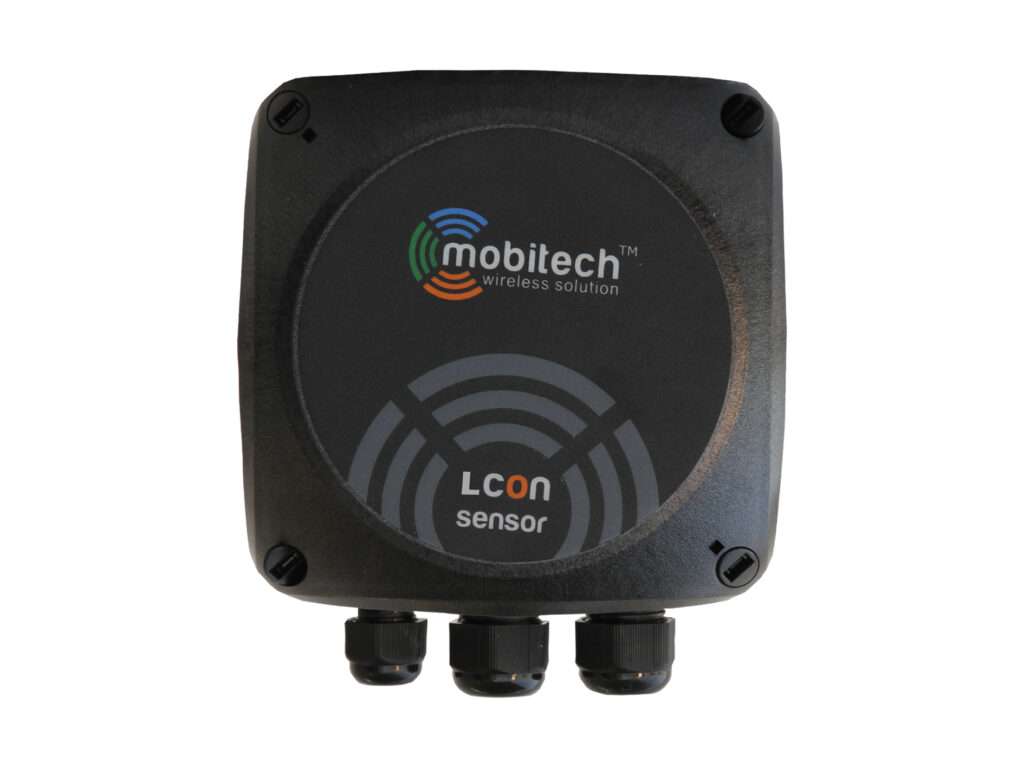
Hello Everone, Im Kali Today we are going to see about the Do’s and Don’ts of farmers. Swipe down to see what are the topics we will cover in this blog.
Summary
The article discusses the do’s and don’ts of smart irrigation that every farmer should know. Smart irrigation systems use sensors, weather forecasts, and real-time data to optimize water usage, reduce waste, and increase crop yields.
The article emphasizes the importance of investing in a smart irrigation system, monitoring soil moisture, using drip irrigation, and not overwatering crops. It also highlights the importance of not ignoring weather forecasts and avoiding watering during peak sunlight hours. Overall, following these guidelines can help farmers optimize water usage, reduce waste, and increase crop yields.
Table of Contents
Do’s and Don’ts in Smart Irrigation: Every Farmer Should Know
Irrigation is a critical component of farming, and with the advancement of technology, smart irrigation is quickly becoming the norm. Smart irrigation systems use sensors, weather forecasts, and real-time data to optimize water usage, reduce waste, and increase crop yields. In this blog post, we’ll explore the top do’s and don’ts in smart irrigation that every farmer should know.
Do: Invest in a Smart Irrigation System
Investing in a smart irrigation system can be a game-changer for your farming operation. By using sensors and weather forecasts, these systems can determine the exact amount of water your crops need and adjust the irrigation accordingly. This saves water, reduces waste, and ensures that your crops are getting the right amount of water at the right time.
Don’t: Overwater Your Crops
Overwatering your crops can lead to several problems, including waterlogging, root rot, and nutrient leaching. It can also lead to wastage of water and increase your water bills. Make sure to only water your crops when they need it and adjust the irrigation system as necessary.
Did you checked our Water level sensor it will be helpful to you, When you are over watering the crops, our sensor will save the water up to 30%

Do: Monitor Soil Moisture
Monitoring soil moisture is crucial for smart irrigation. You can use sensors to measure soil moisture levels and adjust the irrigation system accordingly. This ensures that your crops are getting the right amount of water and reduces the risk of overwatering.

Don’t: Water During Peak Sunlight Hours
Watering during peak sunlight hours can lead to water loss due to evaporation. It’s best to water your crops early in the morning or late in the evening when the temperature is cooler and the sun is not as strong.
Do: Use Drip Irrigation
Drip irrigation is a smart irrigation technique that can save water and increase crop yields. It involves dripping water slowly and directly onto the soil around the plants, reducing water wastage and ensuring that the plants receive the right amount of water.

Don’t: Ignore Weather Forecasts
Ignoring weather forecasts can lead to overwatering or underwatering your crops. Make sure to keep an eye on the weather forecast and adjust your irrigation system accordingly. If rain is predicted, you can turn off the irrigation system to avoid waterlogging and nutrient leaching.
In conclusion, smart irrigation is the way of the future for farming operations. By following these do’s and don’ts, you can optimize water usage, reduce waste, and increase crop yields. Investing in a smart irrigation system and using techniques such as drip irrigation and soil moisture monitoring can go a long way in ensuring the success of your farming operation.

Conclusion
In conclusion, the do’s and don’ts of smart irrigation outlined in this article provide practical guidelines for farmers to optimize water usage and improve crop yields. With the increasing adoption of technology in agriculture, smart irrigation is becoming an essential component of modern farming practices. By investing in smart irrigation systems, monitoring soil moisture, and using techniques such as drip irrigation, farmers can reduce water wastage, avoid overwatering or underwatering crops, and ensure that their farming operations are sustainable in the long run. By following these practices, farmers can improve their productivity while also contributing to the conservation of precious water resources.


